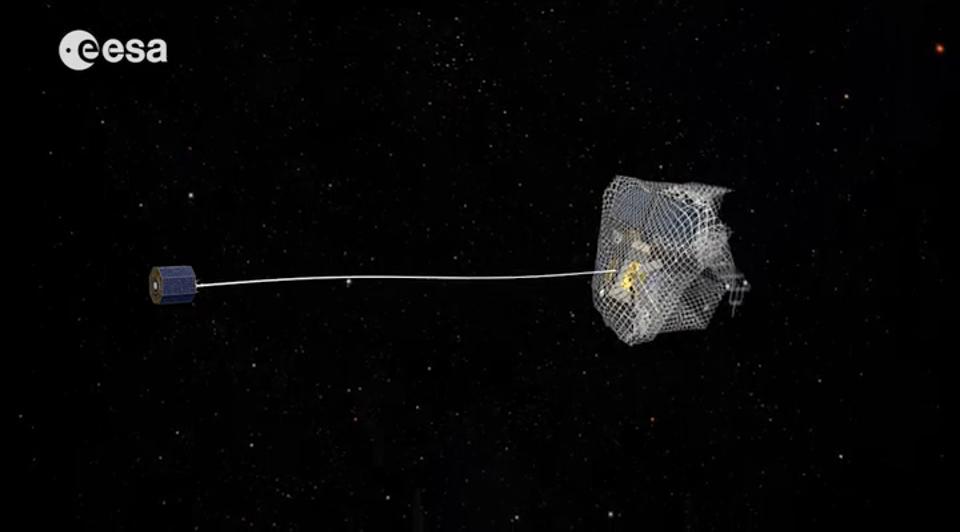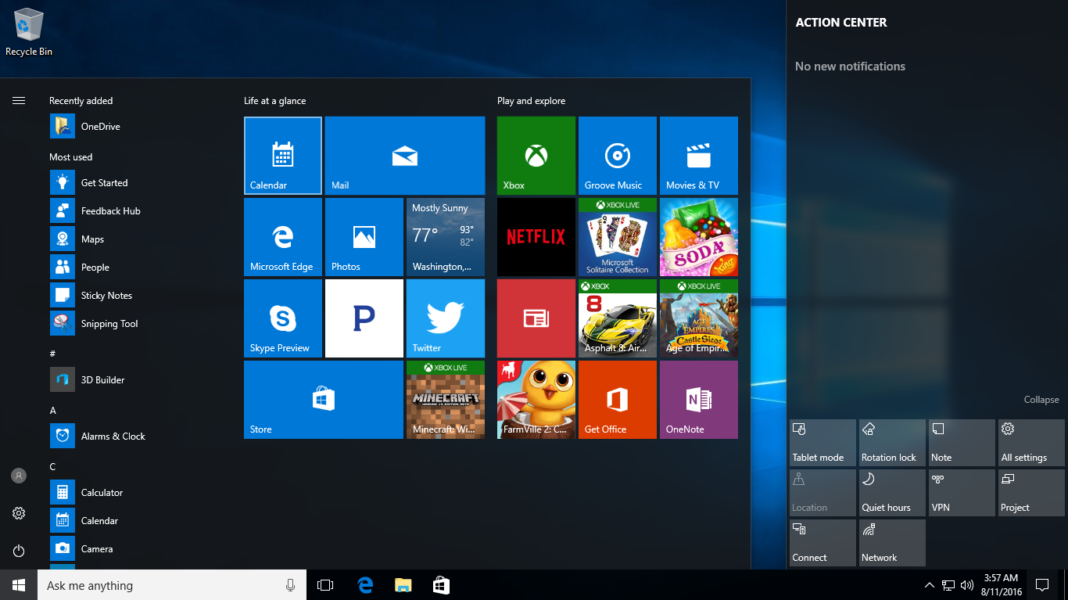Space debris is a galaxy wide issue that everyone is trying hard to solve. Rather than just spend time trying to think of ways of how to eliminate it, how about we come up with ways that we can move it so that it’s no longer a threat to anyone? It may not be as far-fetched an idea as it sounds. Many ‘out there’ ideas have been presented over the years when it comes to getting rid of space debris, but hardly any of them ever come to light.
There is no single, clear answer to dealing with space debris, so all no idea is considered to be too crazy. But one thing is for certain and is considered to be the golden rule, and that doesn’t create more debris whole trying to clean it up. One idea that may hold some weight to its argument is through the use of magnets. However, there are a few things to consider before employing this method if you want to avoid disaster. First, you would need to have some flexible grabbing arm or a deployable net in which to catch the debris. Second, you would need to consider the size of the space debris as most will be of irregular shape.

But, the biggest problem to consider when thinking of using magnets to clean up space debris is that a lot of it isn’t magnetic. Satellites are designed to be light, and being so light, how are they expected to collect heavy metal space debris that’s floating around the galaxy? Also, many of the larger pieces of debris are parts of rockets or circuit boards, so not even magnetic anyway! But, I suppose if enough small pieces of debris were collected and cleared that would be better than nothing, and eventually may make a small difference.
The European Space Agency is currently working on a project called e.Deorbit, which approach to debris collection is through the use of a massive fishing net on a tether. Once debris has been captured the cargo will then be dragged back into the atmosphere to burn up or dive safely in the waters. On the other side of the globe JAXA, Japan’s space agency has also been trying to solve the problem of space junk. However, their system will be equipped to deal with both magnetic items and one large object too. So, it’s clear there are lots of practical solutions being built; all we need now is to see some good results.
More News To Read











